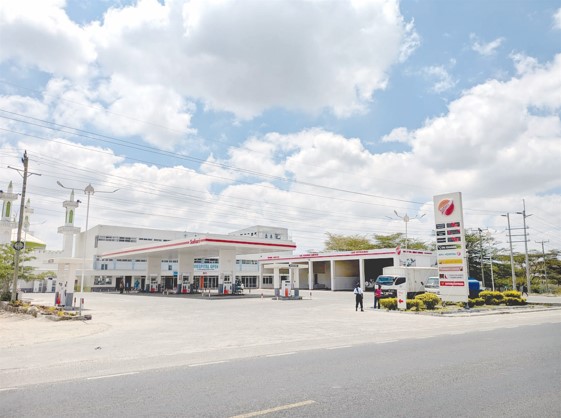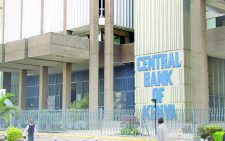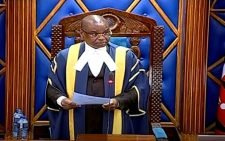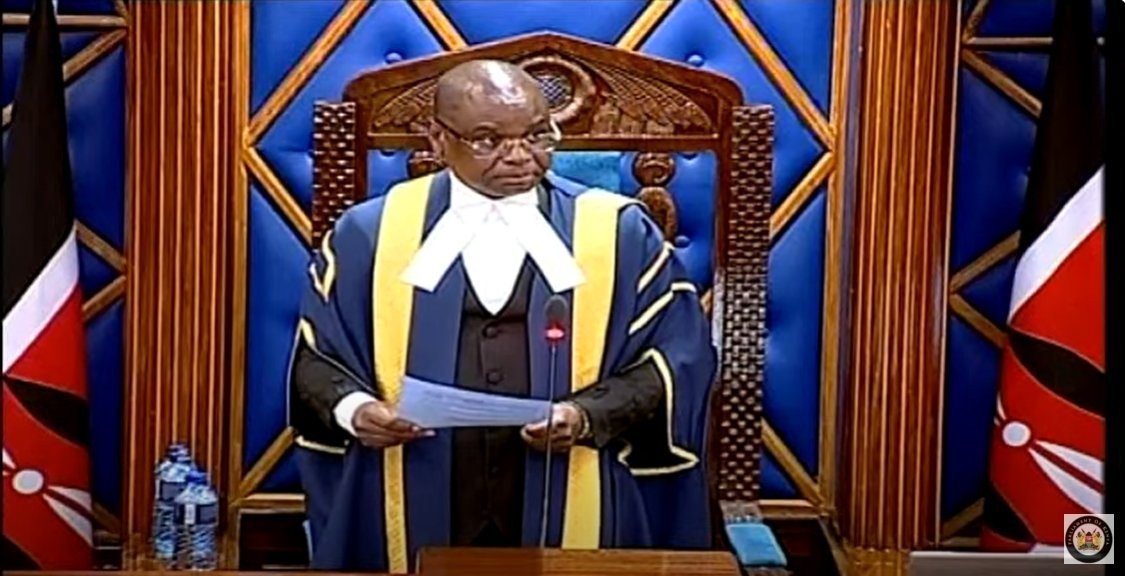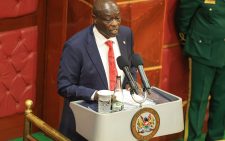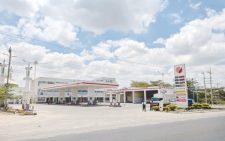How should citizens take public notices published by the Energy and Petroleum Regulatory Authority, or Epra, on its fuel-quality enforcement activities? With a palmful of salt.
Epra periodically buys large spaces in daily newspapers to assure Kenyans that it’s busy working on their behalf. At the top of the eye-catching ads, the agency reminds the public that one of its roles is to “monitor petroleum products offered for sale in the local market with the aim of preventing motor fuel adulteration or dumping of [export-bound] fuels”.
It goes on to say that it has a programme of “continuous monitoring of the quality of petroleum motor fuels on sale, [in] transport and [in] storage throughout the country”.
In its latest notice, which appeared on Monday, September 30, Epra reported that it had conducted 5,854 tests at 1,321 petroleum sites between July and September. Happily, for consumers, 1,304 sites “were found to be compliant”, but 17 were not.
Some 13 of the 17 fuel stations, the agency claimed, were closed, three reopened after paying taxes and penalties ranging from about Sh116,000 to Sh305,000, and one had its super petrol dispensing pumps “sealed” because it was selling petrol “smuggled from a neighbouring country”.
Affected stations
The information in the ad, Epra wrote, reflected the status as of September 27. But wait … at least one of the “closed” stations was very much still in business as of October 10! It’s located in the small town of Kimalat in Kajiado county, about 10km south of Kitengela on the Nairobi-Namanga highway. It was allegedly closed because it was selling super petrol containing high sulphur.
The station had switched hands months earlier – from a major-brand petroleum dealer to a private owner, who then changed its name to Safari. If it was listed as “closed” but was still operating, this suggests that the Epra report didn’t present the full picture of the outcome of inspections at least for this station and the information cannot therefore be taken at face value. Something was amiss.
People Daily wanted to find out more. But first a parenthetical note about sulphur. Low-sulphur fuel helps modern engines and emission control systems last longer and perform better. Kenya started its transition to low-sulphur fuels more than a decade ago with the help of a global United Nations-backed programme to improve air quality and reduce vehicle emissions.
The Partnership for Clean Fuels and Vehicles is coordinated by Unep to “promote cleaner and more efficient fuels and vehicles in developing countries”.
Low-sulphur fuels help cut the levels of air pollutants spewed by motor vehicles. These include sulphur oxides, soot and smoke particles that can cause respiratory and cardiovascular diseases and put people at greater risk of developing lung cancer.
An estimated 4.2 million people died prematurely worldwide in 2019 because of outdoor air pollution, according to the World Health Organisation. Eighty-nine percent of these deaths occurred in low- and middle-income countries.
Smuggled fuel
Besides dealers selling fuel with dangerously high sulphur levels and smuggled fuel, other common offences uncovered by Epra in its inspections are offering for sale fuel meant for export and fuel contaminated with domestic kerosene.
Most of the offenders are independent dealers, usually operating in small towns or in rural areas. One likely motivation for these illegal and unethical practices is the desire for greater profit margins in a highly competitive, high-tax market like Kenya’s where dealers must grapple with thin returns.
Illegal business tactics of this sort may allow dealers to cut their costs while maintaining or raising their selling price, thus boosting profits. Many independent fuel sellers offer their products at a few shillings lower than their larger competitors’ prices but still somehow remain in business.
Remarkably, Epra cites the same offences again and again, year in, year out, suggesting deficiencies in the regulatory enforcement. It could be any number of things – impunity, lax or inadequate oversight, corrupt officials.
And for some dealers, the cost of bribing their way out of legal trouble may be far lower than the profits they stand to gain from their illegal activities. We asked Epra why independent fuel stations tend to be cited for selling unapproved or adulterated fuel. Are its current enforcement tactics inadequate? “Our enforcement measures are working very well,” the agency boasted.
Independent sites
It said its database of retail stations shows that there are 4,015 independent sites, far outnumbering the 1,411 owned by major oil marketing companies. “As an enabler in the industry, our collaborative efforts as the regulator have also seen the oil marketing companies put in place stringent measures to ensure that fuel delivered in their retail stations meets the required quality thresholds,” Epra said.
“They ensure several tests are done before offloading the fuel into their retail stations. They deploy a self-test mechanism provided by Epra.” The implication is that many independent dealers sidestep this mechanism, which is why they often get in legal trouble.
On high-sulphur fuel, Epra said, Kenya and other East African countries adopted a new standard in January 2015 “and hence it’s illegal to import or be in possession” of diesel or petrol that has a higher sulphur content than what is allowed. But the agency did not explain why fuel with unacceptable levels of sulphur is still available for sale in Kenya.
Regarding the status of the fuel station in Kimalat, Kajiado county, that was listed as “closed” but was still operating, the agency insisted that it had been closed by both it and the Kenya Revenue Authority.
“The station owner was expected to clear with KRA on any fines [and] penalties [and] get [the] product remediated by [the Kenya Bureau of Standards, or Kebs] before getting clearance from Epra to reopen the station,” the agency said.
“To ensure that the station remains closed, Epra wrote to the deputy county commissioner for Kajiado North sub-county on 23rd August 2024 to enforce the closure.
“As far as Safari Oil in Kimalat is concerned, the station owner only cleared with KRA, who advised [the operator] in a letter dated 29th August 2024 to liaise with Kebs and Epra for further clearance before reopening.”
Epra stressed that the “law will take its course” against an operator who violates orders to close. The published notice “also provides the public with information on which stations have been closed to help in providing intelligence to the authority on the ones which may have reopened without following due process”.
Epra provides a hotline (as well as USSD and SMS codes) for consumers to report suspicious operators. But when we told the agency that the line was out of service, it insisted that it was “in service and operational during official working hours”. We called the number again on Wednesday afternoon, and again a recorded message said the number was “out of service”.
But the agency said it plans to launch “a toll-free emergency number to enable Kenyans [to] report [incidents] and accidents free of charge”.

